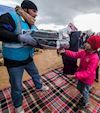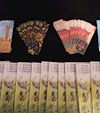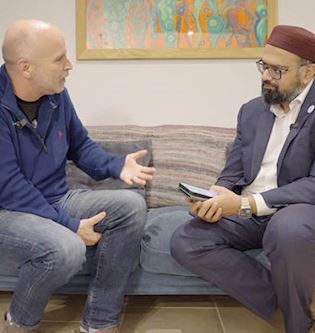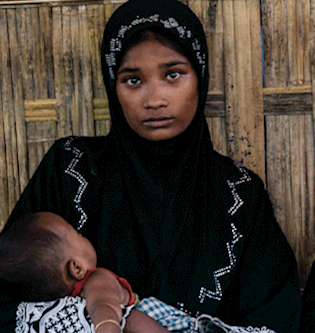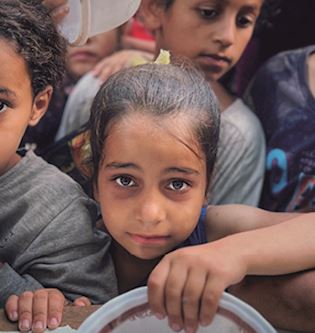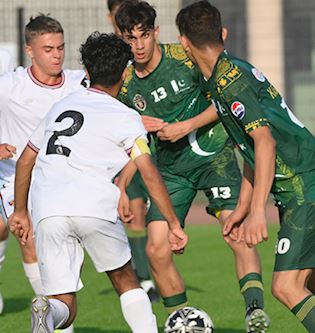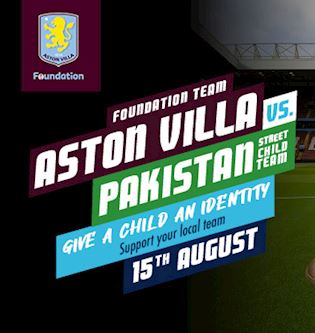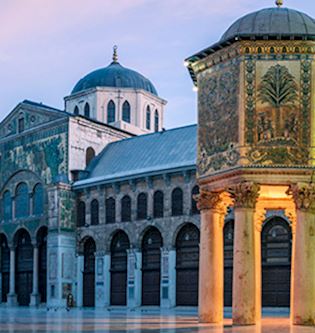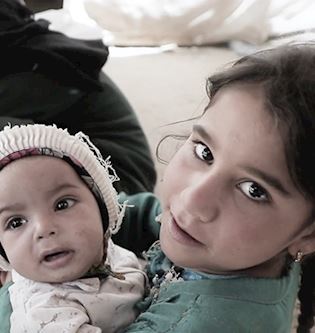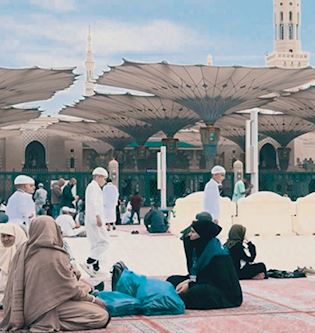A Community Dialogue
Interfaith dialogue from an Islamic perspective was the central theme of a community forum, which took place recently at the Quaker Centre in Plymouth.
The event, supported by Muslim Hands' UK Projects team, brought together faith leaders, educators, and community members from Bahá’í, Buddhism, Christianity, Judaism, Quaker, and several Muslim traditions to have an open and honest dialogue about issues concerning Islam.
The participants came not just from Plymouth, but also from Cornwall, Devon and West Somerset.

The meeting was organised by Tam Martin Fowles, founder of Plymouth-based 'Hope in the Heart' and Don de Silva, Director of 'Changeways'.
In her opening remarks, Tam Martin Fowles, said:
"As founder of social enterprise, 'Hope in the Heart', I have been involved with issues around diversity and hate crime for several years, and the rise in prejudice and misunderstanding towards Muslim members of our communities in the UK have increasingly become a concern and focus of our work.
While Plymouth has a well-developed interfaith community, the South West, in general, is an area in which cultural diversity is limited and many attitudes are based on a lack of exposure to people from different backgrounds. I feel passionately that the way forward is to raise awareness of the truth that is often distorted or ignored by the mainstream media the majority rely upon for information".

Dr Qadir Bakhsh, former Director of the Race Equality Council, turned to the challenges facing the the UK's 2.7 million Muslims, a diverse community of cultures coming from different parts of the world, including Pakistan, Bangladesh, India, Somalia, Turkey and North Africa.
Dr Bakhsh talked about the challenges facing them, touching on the issues of political Islam, the perceived 'threat' of Islam and the use of Islamophobia and intolerance to serve political and personal agendas. He said that many minorities in Britain, including Muslims, faced challenges when integrating with host communities.
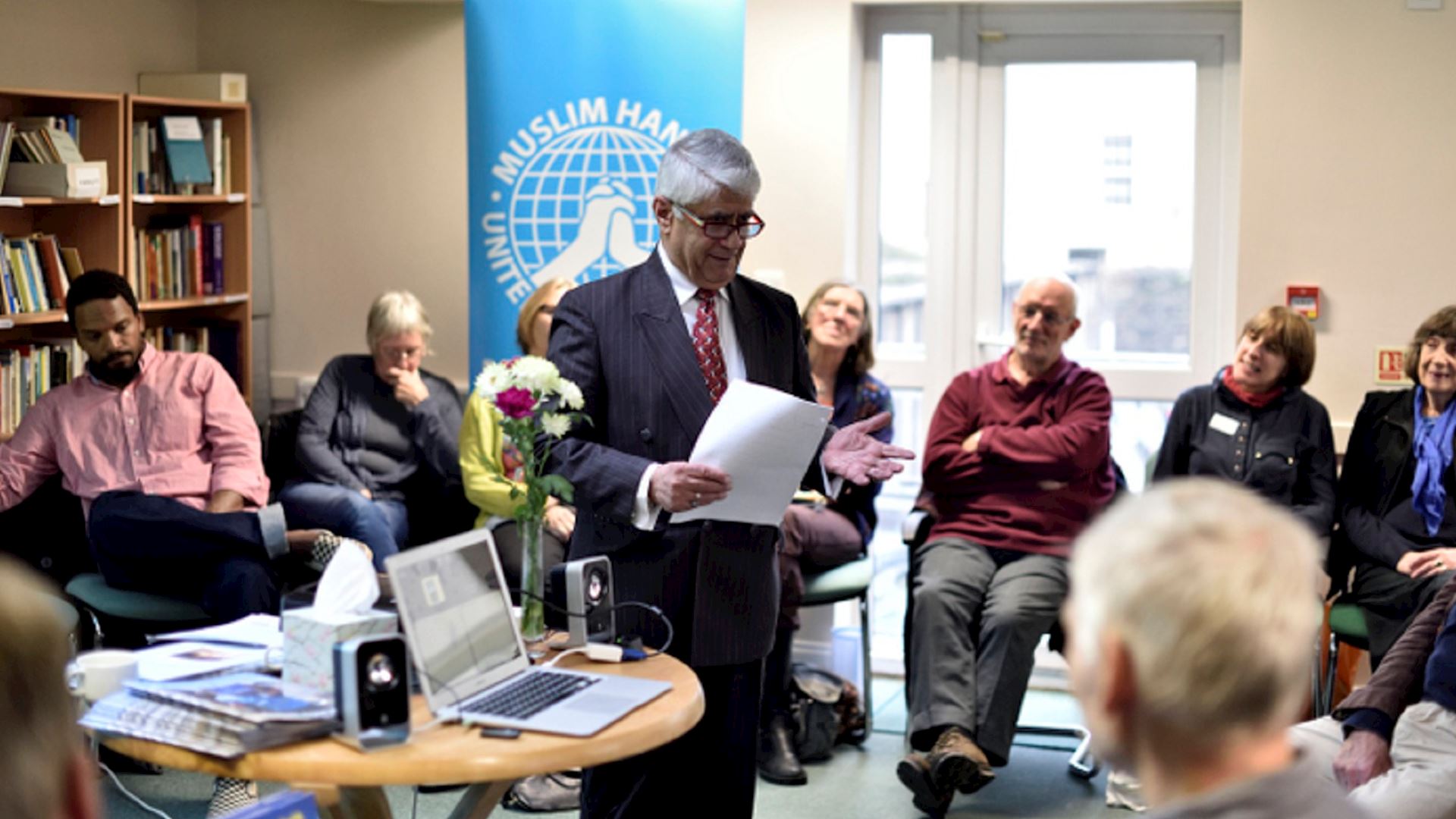
Following on from Dr Bakhsh was Sister Iqbal Warsi, the Muslim Chaplain for the Cornwall Faith Forum and Police Reference Group for Devon and Cornwall. She started by explaining that the Muslim greeting, “Assalamu alaikum” meant, “peace to every one present, their families and their wider communities”.
She drew the attention of the attendees to her display, a picture of the Hajj pilgrimage being performed in Makkah in Saudia Arabia and explained that the black building in the center of the mosque was built by Abraham, founder of Islam, Christianity and Judaism. She highlighted the links between Moses, Jesus and Muhammed and recounted the story of the Prophet Muhammed telling a group of women, who sought his advice, to use Mary, the mother of Jesus, as a role model.
Sister Warsi then focused on the important status of women and protection given to all women worldwide, in and outside of the faith. She added, "When extremist groups in different parts of the world kidnap women, rape them and force them to marry, they break the very foundations of Islam". She urged everyone in the room to read the clear and precise 'Letter to Baghdadi’, complied by many Imams in the UK, which states that “it is forbidden in Islam to abuse any women or deny them their rights”.
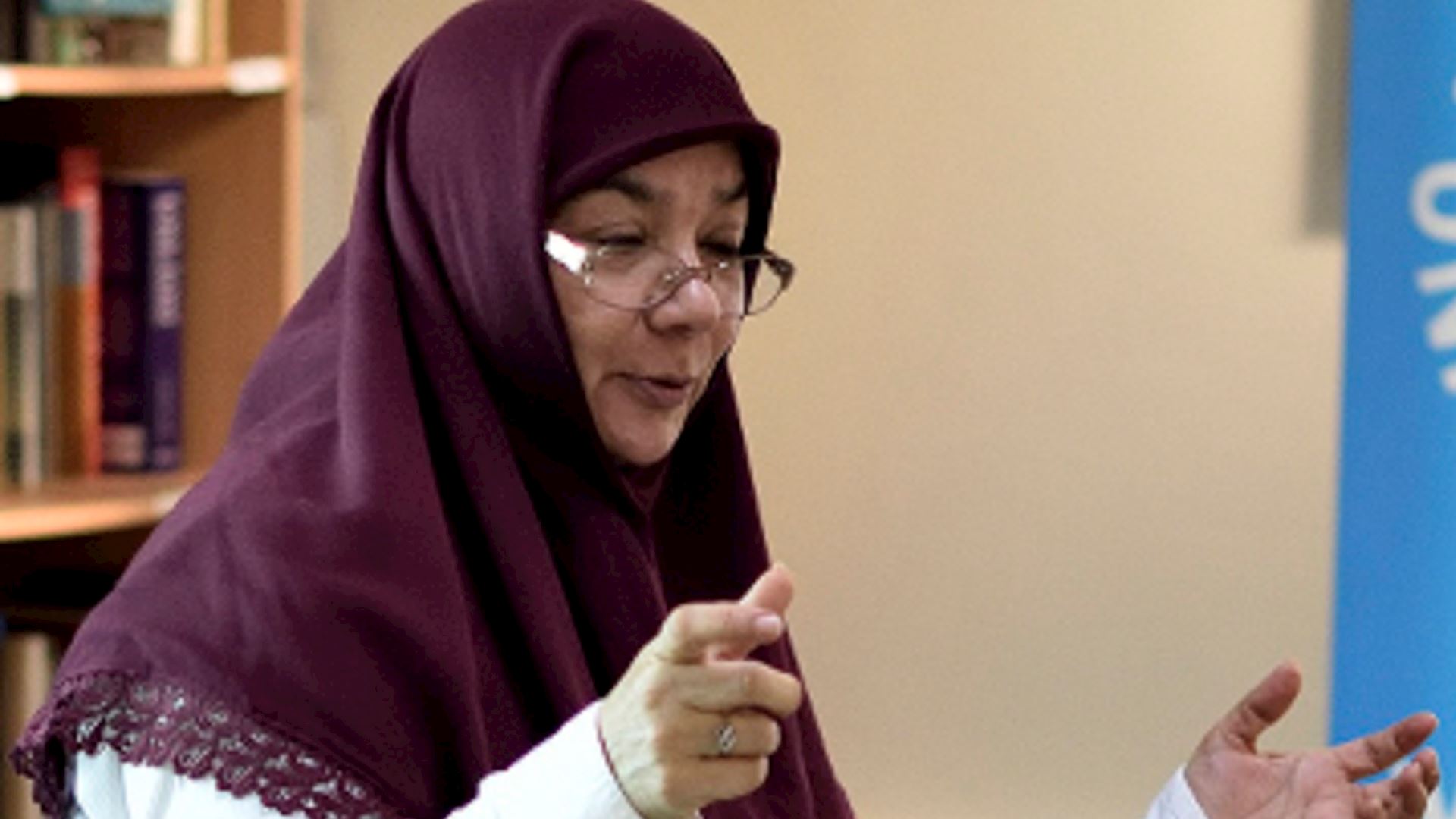
Maqsood Ahmed, Director of the UK Community Development department at Muslim Hands, said the way we choose to see the people whom we interact with, determines our experiences:
“We live in fear and look at each other with suspicion more so now than ever before since 9/11 and 7/7. Fear held us back and prevented us from looking beyond our past and looking at each other as individuals.”
Mr Ahmed said that interfaith dialogue was nothing new to Islam, citing an incident when a Christian delegation met with the Prophet to find out about Islam. He allowed them to stay in the mosque and to pray in their own Christian way. He also sent delegations to different parts of the world to spread information about his mission.
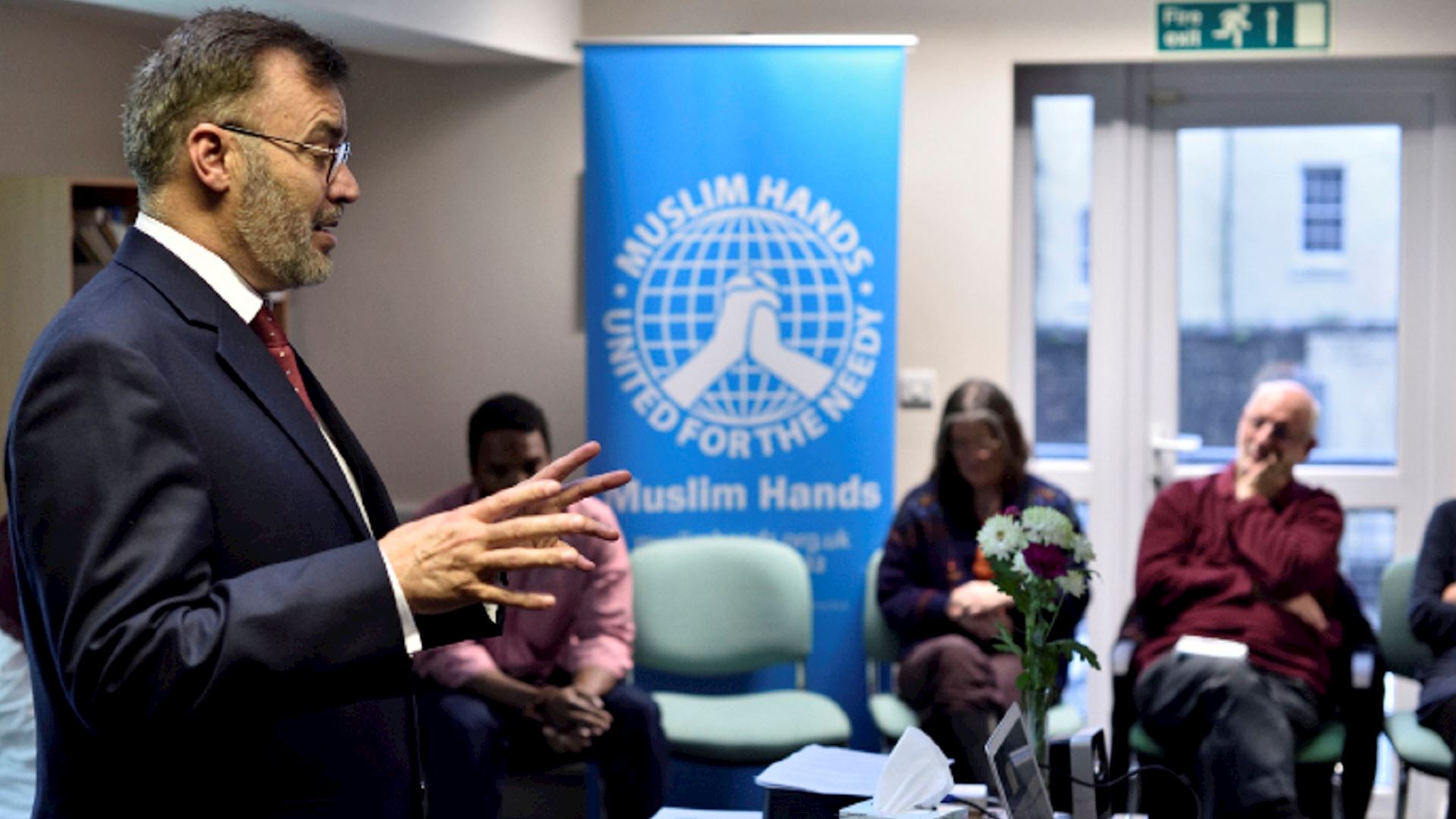
Each presentation was followed by a brief period of silence for reflection. The open dialogue, which ensued, focused on the real meaning of jihad, Sharia Law, the status of women, the origins of the different traditions within Islam, current conflicts as in Syria, the plight of the people in Yemen, media reporting about Islam, the wearing of the hijab, and the concepts of giving in Islam.
Don de Silva, who chaired the meeting, said that a poll, conducted by ICM and Just Giving in 2012, highlighted that Muslims are among Britain’s most generous givers, topping a poll of religious groups that donate to charity. He said, the poll found that a growing number of Muslims were making their charitable donations online. JustGiving revealed that while religious charities benefited most, many donations also went to the likes of Cancer Research, Macmillan and the British Heart Foundation.
Commenting on the forum, Pip Harris, Quaker’s Local Development Worker for West Somerset, Devon and Cornwall, said:
“Quakers across the South West are involved in many small ways with Interfaith dialogue. I found it very uplifting, especially in light of the terrible news coverage which hourly seems to bring worse messages to us of conflict. The speakers were inspiring and certainly gave much food for thought”.
Summing up the day, Arezoo Farahzad, Chair of Plymouth Centre for Faiths and Cultural Diversity, added:
“The city of Plymouth may not have the rich cultural diversity that other UK cities enjoy but it is by no means a stranger to Interfaith dialogue and with each coming year the need for continuing and expanding discourse grows more essential.
Over lunch and throughout the afternoon, those gathered re-explored the spiritual themes of Islam and dispelled the common myths often attributed to it – particularly cultural practices that are mistakenly assumed to be central tenets of Islam. The speakers, who plan to hold similar gatherings in a number of cities around the country, were keen to explore how Islam is and can be an agent to promote respect, understanding, empathy, cooperation and acceptance of all beliefs.
The event afforded followers of diverse religions a perfect opportunity to enjoy the companionship of each other in a true spirit of friendship and amity, with much good humour and laughter and a safe atmosphere to ask some very direct questions.A timely reminder that our future as a community can indeed be more united, secure and radiant”.
The Muslim Hands UK Projects department works around the country to promote equality, inclusion and cooperation between different communities. Learn more here





